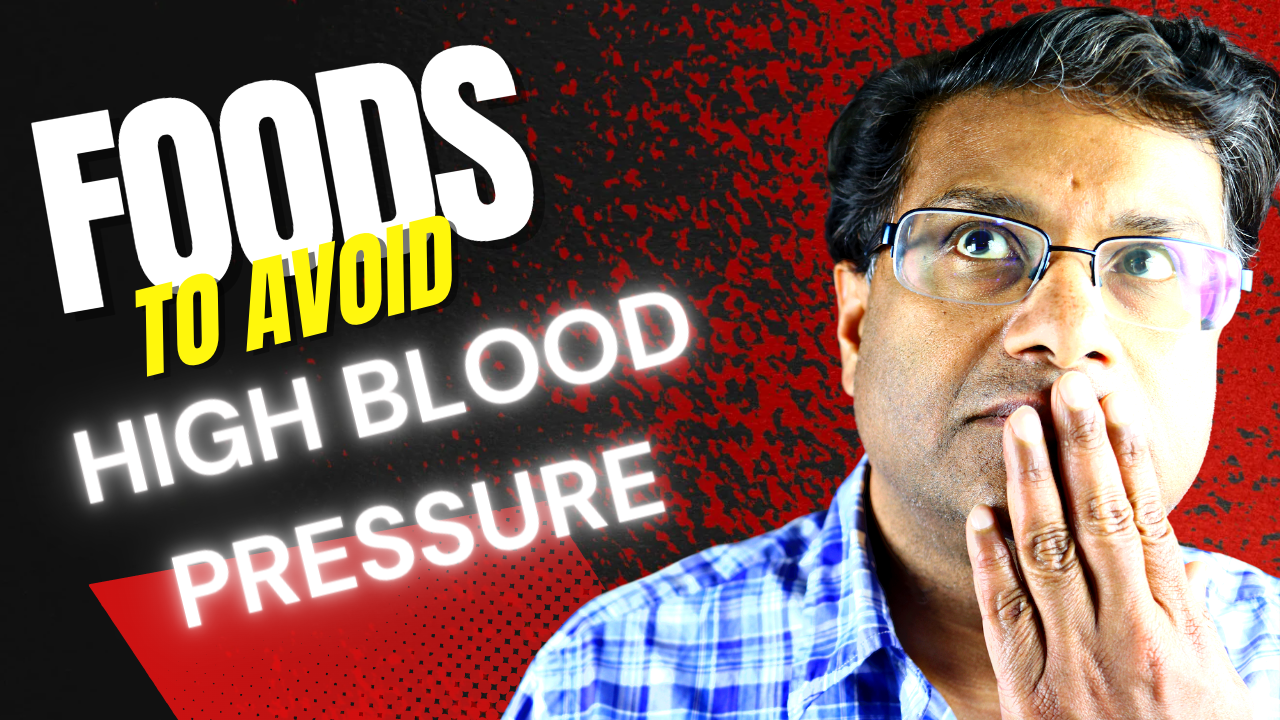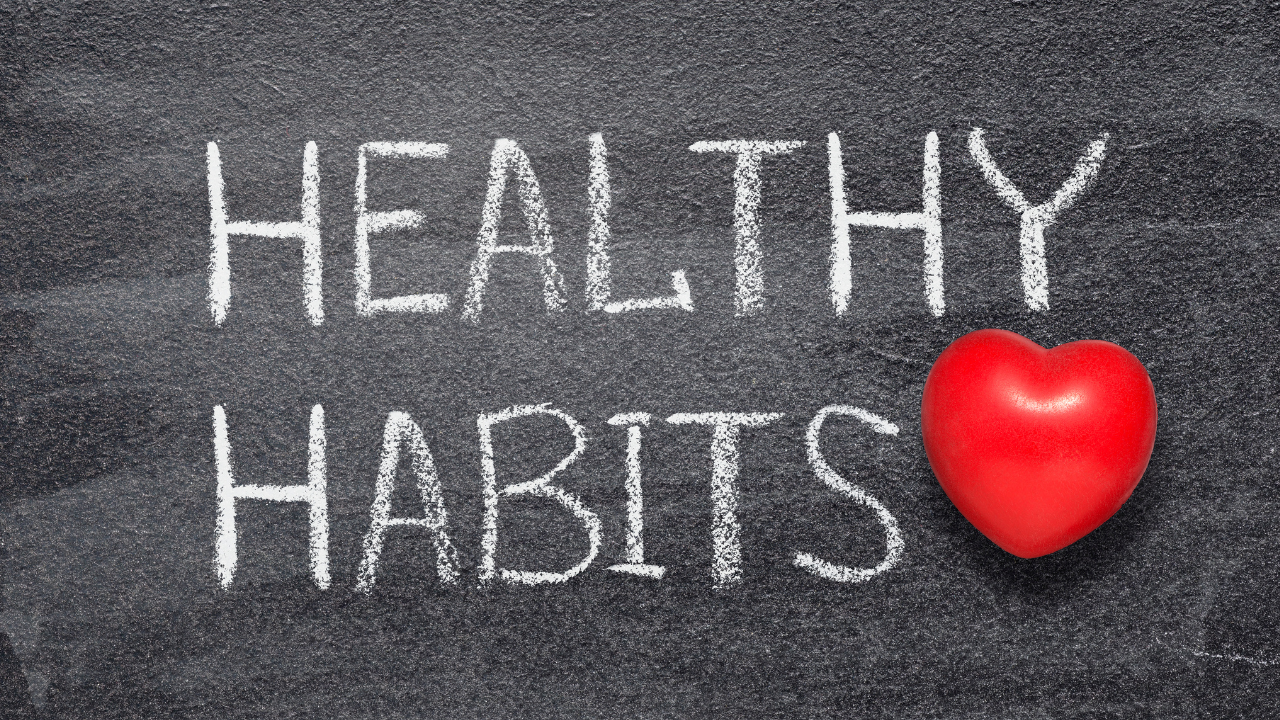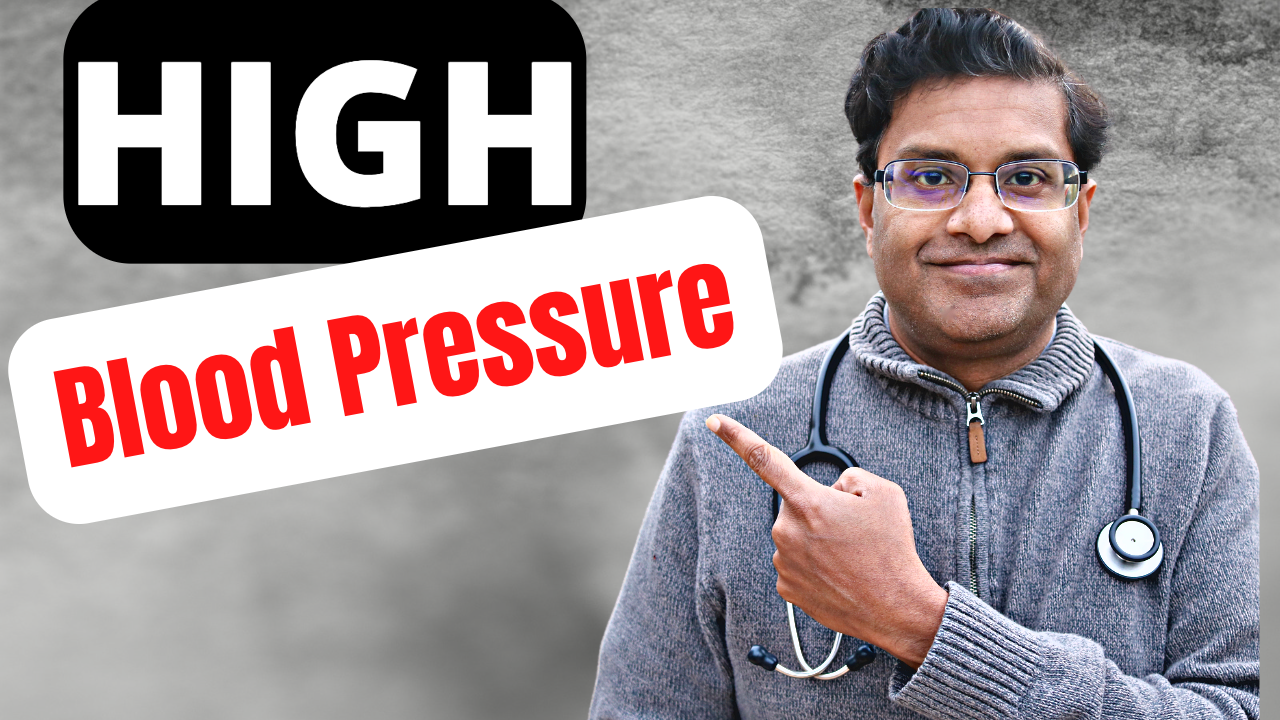Today’s topic is all about high blood pressure, a condition that affects millions of people worldwide. If you have high blood pressure, you know how important it is to manage it through diet and lifestyle changes. One of the most effective ways to do this is by avoiding certain foods that can make your condition worse.
High blood pressure is like a garden hose that’s constantly under pressure.
If you keep turning up the water pressure, eventually the hose will burst. The same goes for your blood vessels. If your blood pressure is constantly high, your blood vessels can become damaged, leading to serious health problems. You are at an increased risk for stroke kidney disease heart disease and other heart related problems.
As the great Hippocrates once said, “Let food be thy medicine and medicine be thy food.” This couldn’t be truer for those with high blood pressure. By avoiding certain foods, you can effectively treat and manage your condition.
 1.Salt and Sodium-rich Foods: Salt is a major contributor to high blood pressure, as it causes your body to retain water, which in turn raises your blood pressure. Foods that are high in salt or sodium include processed meats like bacon and ham, canned soups and vegetables, potato chips, and many fast-food items.
1.Salt and Sodium-rich Foods: Salt is a major contributor to high blood pressure, as it causes your body to retain water, which in turn raises your blood pressure. Foods that are high in salt or sodium include processed meats like bacon and ham, canned soups and vegetables, potato chips, and many fast-food items.
Salt makes your body hold onto water. If you eat too much, the extra water in your blood means there is extra pressure on your blood vessel walls, raising your blood pressure.
The 2020–2025 Dietary Guidelines for Americans recommend that Americans consume less than 2,300 milligrams (mg) of sodium each day as part of a healthy eating pattern.
Now did you that here in the US “about 70% of sodium consumed is from processed and restaurant foods. Only a small portion of sodium or salt is used in cooking or added at the table”.
2.Sugar and Sweets:
Consuming too much sugar can also contribute to high blood pressure. Sugary drinks like soda and fruit juices, candy, baked goods, and other sweet treats should be avoided or limited.
Now you’re probably asking yourself how does sugar cause high blood pressure. I understand salt, but sugar how does that work.
Well, when you eat too much sugar a hormone called insulin is released. Insulin is an important hormone as it helps glucose enter the body cells so that they can be used as a form of energy. However, insulin blocks the body’s ability to make nitric oxide. Nitric oxide normally helps with expanding your blood vessels, but if there is no nitric oxide it’ll lead to a narrowing of blood vessels which then leads to high blood pressure.
Eating too much sugar is like putting a strain on your heart. It’s like asking it to work overtime and eventually it will wear out.
3.Trans and Saturated Fats:
Foods that are high in trans and saturated fats can contribute to high blood pressure and other health problems. These include fried foods, high-fat dairy products, and fatty cuts of meat.
Eating foods high in trans fats causes a buildup of these fats in your body, particularly arteries and blood vessels.Just as a drainpipe can become clogged with debris and prevent water from flowing freely, the buildup of fats in our blood vessels can impede the flow of blood and cause health problems. Excess fat in your arteries prevents your blood vessels from contracting and expanding normally, thus contributing to higher blood pressure.
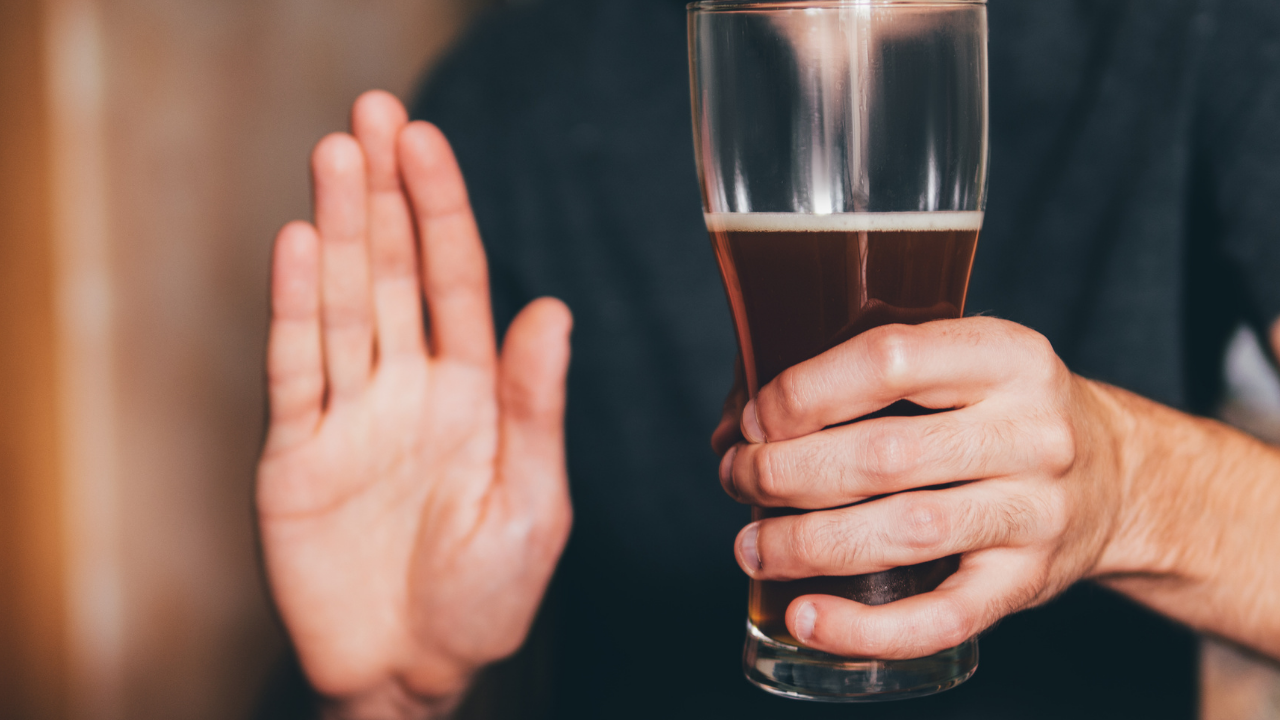 4.Alcohol:
4.Alcohol:
Drinking alcohol in excess can raise your blood pressure and increase the risk of heart disease. While it’s okay to enjoy a drink every now and then, it’s important to do so in moderation.
How does alcohol cause high blood pressure?
There are three hormones which help with the regulation of blood pressure called renin, angiotensin and aldosterone. You don’t have to remember these names, but know that alcohol can affect the so-called RASS system , the renin angiotensin aldosterone system. Alcohol can increase the levels of one of these hormones called renin causing blood vessels to become narrower Renin also decreases how much fluid is eliminated from your body in your pee.
Therefore, there are 2 things which are going on increasing your blood pressure:
1) narrower vessels and
2) more fluid in your body.
Drink Alcohol in moderation one drink or less for women and 2 drinks or less for men. If you are a beer drinking one drink would be 12 Oz, if you are a wine drinker one drink would be 5 ounces.
 5.Caffeine:
5.Caffeine:
While caffeine itself doesn’t raise blood pressure, it can cause a temporary increase in blood pressure. If you have high blood pressure, it’s important to limit your caffeine intake.
We’re not quite sure how coffee raises your blood pressure temporarily within 30 to 60 minutes after drinking.This is probably because caffeine can release adrenaline from your adrenal glands which causes your blood pressure to increase.
The FDA recommends consuming no more than 400 mg of caffeine.
6.Processed and Packaged Foods:
Processed and packaged foods are often high in salt, sugar, and unhealthy fats. These include frozen dinners, instant noodles, and packaged snacks.
What do processed and packaged foods have a lot of, you know the answer to this…… salt. Yes, a lot of salt. The food industry uses as a preservative higher amounts of salt. Consequently, this won’t allow bacteria to thrive in those conditions. Salt is also used to flavor foods.
Here are some examples of processed foods and the list is not exhaustive: You might recognize some of these foods:
- Sugary carbonated drinks
- Chips and cookies
- Sweetened breakfast cereals such as Fruit Loops,
- Hot dogs, Deli meats
- Fish sticks
- Pizza and TV dinners
- Ice cream.
Let us take a closer look at deli meats and hot dogs. These are popular foods here in the USA and make a quick snack.
“Sliced deli meats and hot dogs are packed with sodium.” One hot dog can contain about 500 mg of sodium, while just two slices of regular deli ham can have close to 250 mg.”
 7.Red Meat:
7.Red Meat:
While red meat can be a good source of protein, it’s important to choose lean cuts and limit your intake. Consuming too much fatty red meat can increase risk of hypertension, or high blood pressure.
What does the heart.org have to say: “In general, red meats (such as beef, pork and lamb) have more saturated fat than skinless chicken, fish and plant proteins. Saturated fats can raise your blood cholesterol and increase your risk of heart disease. If you eat poultry, pork, beef or other meats, choose lean meat, skinless poultry, and unprocessed forms. Also choose healthy portions”.
What are the take away points:
- Portion size: If you eat 18 oz of a filet mignon that would be about 1400 calories, because you are essentially eating fat and protein with fat content being more than 50 % and giving you the flavor of the meat.
What should your portion size be: Well, you have the answer right in front of you.You determine the portion size by looking at your hand.The size of your palm is about 3 oz of lean cut meat daily.
This goes in line with the World Cancer Research Fund, which advises limiting the intake of red meat to a total of about 12 to 18 ounces of cooked weight in a week.
- Choose meats that are lean and not those that a dripping with fat and meats which are not processed such as deli meats as they are high in salt as well.
8.Canned Foods:
Canned foods, such as soups and vegetables, can be high in sodium. Eating too much salt can raise our blood pressure and increase our risk for health problems like heart disease and stroke.
Look at this can of beans.
Now when looking at this label sodium is 270 mg. Does not sound too bad.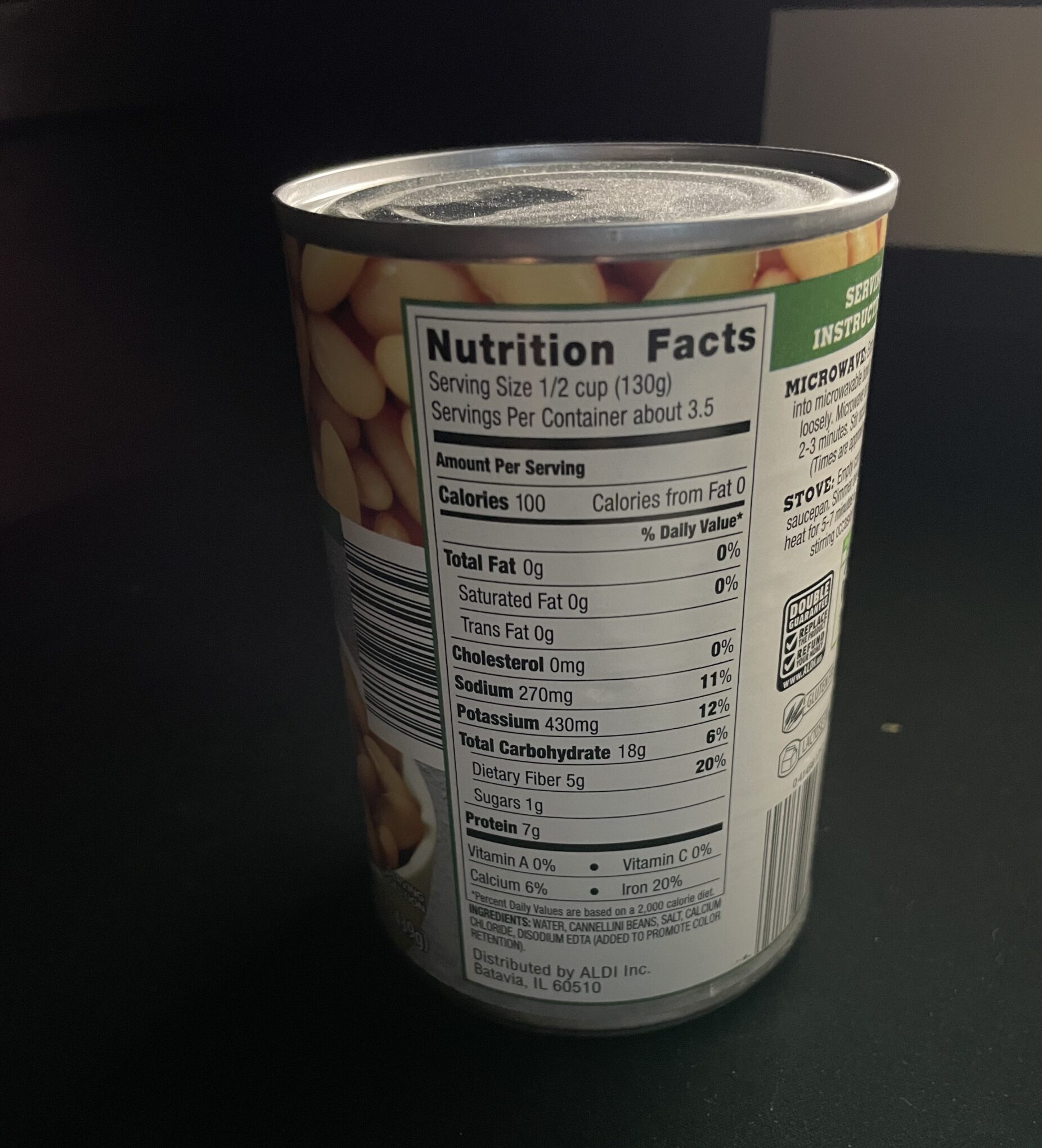
Now look at the serving size :serving size is ½ a cup. So if you double your serving size that would mean your sodium intake is 270 x 2= 540 mg.This alone is about a quarter of your daily intake of sodium.
9.Pickles and Fermented Foods:
Foods that are pickled or fermented, such as sauerkraut and pickles, can be high in sodium. It’s important to consume these foods in moderation and choose low sodium options.
One spear of a pickle ( 40g) according to the USDA website is about 300mg of sodium. If you consume 3 spears that would already equate to nearly 1000mg of sodium about half the amount of sodium you should be eating per day.
10.Fast Food:
Fast food is often high in salt, sugar, and unhealthy fats. It’s important to limit your intake and choose healthier options whenever possible.
According to this article and study: the fast food industry and processed food industry did not only add salt into meat and French fries you’re also salt the French fry batter and salt chopped meat. Moreover, a lot of these processed foods are high in fructose corn syrup. Consuming processed food becomes a vicious cycle because of these added ingredients which have been manufactured for taste people give these foods a certain addictive component. You want to eat more even though you have satisfied your hunger.
Both sugar and salt intake increase stroke risk, especially when consumed daily for years. High salt does not merely raise blood pressure; “it also causes microvascular hemorrhaging, which damages the interior walls of the blood vessels in the brain and increases permeability and the propensity for hemorrhagic stroke”.
If you are interested in other videos, click right here. Have a good day and Think your health.
Sources:
- https://www.ncbi.nlm.nih.gov/
- https://www.lhsfna.org/
- https://www.healthline.com/
- https://www.livestrong.com/article/
- https://www.ncbi.nlm.nih.gov/pmc/articles/PMC6146358/
- https://www.goodrx.com/conditions/hypertension/does-caffeine-raise-or-lower-blood-pressure
- https://www.cdc.gov/alcohol/fact-sheets/moderate-drinking.htm#:~:text=To%20reduce%20the%20risk%20of,days%20when%20alcohol%20is%20consumed.
- https://www.everydayhealth.com.
- https://fdc.nal.usda.gov/



